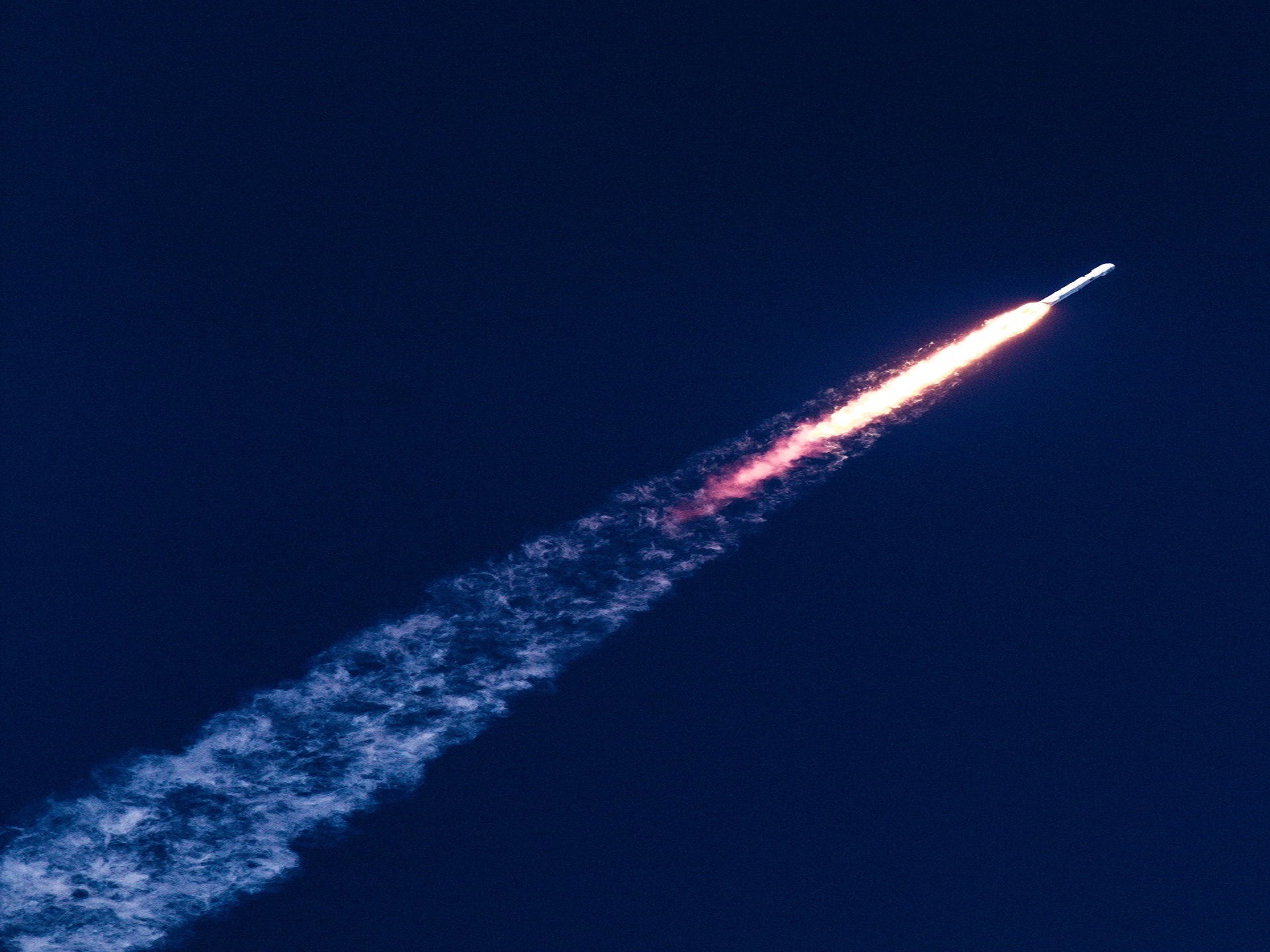The space industry has come a long way since the first satellite was launched into space in 1957. It has been one of the most significant and revolutionary technological advancements in human history. The impact of space industry on common lives is enormous, and it is difficult to imagine our modern society without the benefits provided by space technology. From satellite communication and weather forecasting to GPS navigation and earth observation, the space industry has revolutionized the way we live and work.
One of the most significant impacts of the space industry on common lives is satellite communication. Satellites placed in orbit around the earth make it possible for people to communicate with each other from anywhere in the world. This has transformed the way we communicate, enabling people to stay in touch with friends and family, conduct business, and access the internet from remote locations. Satellite communication has also been instrumental in providing connectivity to areas that are not served by traditional telecommunication infrastructure.
Another area where the space industry has had a profound impact on common lives is weather forecasting. Weather forecasting has become more accurate and reliable, thanks to data obtained from satellites. This has enabled us to predict weather patterns with greater precision, helping us to prepare for extreme weather events such as hurricanes, typhoons, and cyclones. This has not only saved lives but has also reduced the economic impact of natural disasters.
The industry has also played a significant role in GPS navigation, which has become an integral part of modern life. GPS technology has improved the efficiency of transportation and logistics, reduced delivery times, and made emergency services more responsive. It has enabled people to navigate through unfamiliar areas without getting lost, making travel and commuting safer and more convenient. Additionally, the space industry has made significant contributions to earth observation, which has helped us to better understand and manage our planet’s resources.
Finally, space exploration is one of the most exciting and challenging areas of the space industry. Human spaceflight, robotic missions to other planets, and space tourism are some of the most significant areas of space exploration. Human spaceflight has been instrumental in advancing our understanding of space and the universe. Robotic missions to other planets have provided us with a wealth of information about our solar system, and space tourism is a relatively new area of space exploration, but it has the potential to become a significant industry.
Table of Contents
Satellite Communication
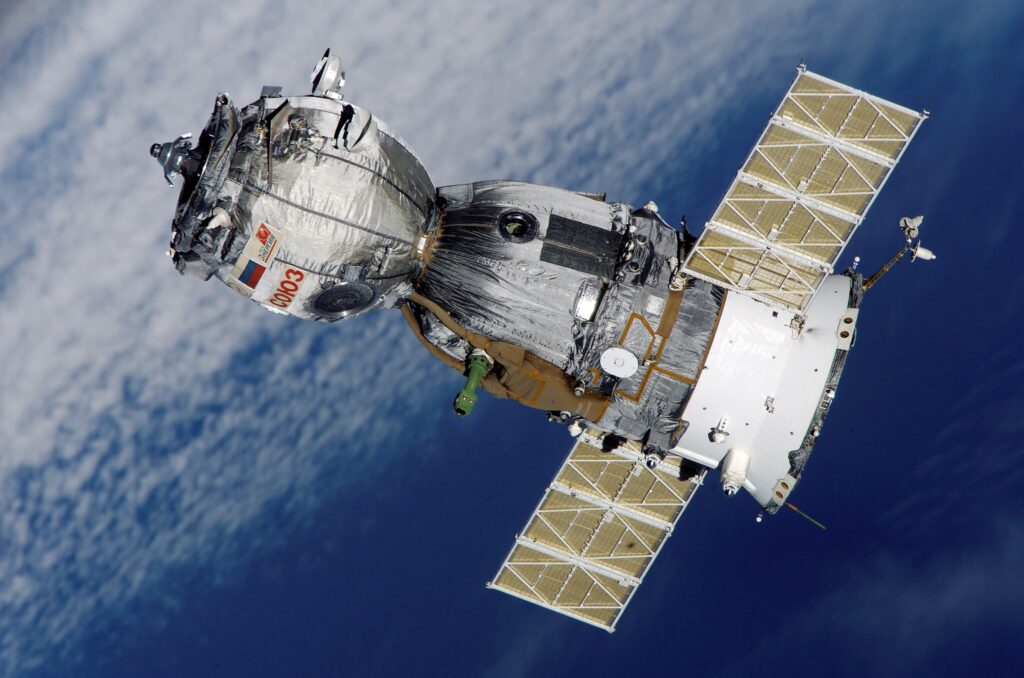
Satellite communication is one of the most significant contributions of the space industry to common lives. It has revolutionized the way we communicate, allowing people to make phone calls, send messages, and access the internet from anywhere in the world. The technology has made it possible for people in remote areas where there is no cellular network to stay connected with the rest of the world.
Communication satellites are placed in orbit around the earth and operate in different frequency bands. They are used for various purposes such as television broadcasting, telephone calls, and internet connectivity. Communication satellites in geostationary orbit (GEO) are placed at an altitude of approximately 36,000 km, which allows them to remain fixed relative to the earth’s surface. This makes it possible to establish a constant communication link with a satellite dish on the ground.
In addition to providing connectivity to remote areas, satellite communication has been instrumental in providing communication links during natural disasters and emergencies. Communication satellites can be quickly repositioned to provide communication links to areas that have been affected by natural disasters such as earthquakes, hurricanes, and floods. This has enabled rescue and relief efforts to be carried out more efficiently, saving lives and minimizing damage.
Satellite communication has also made it possible to establish global networks, connecting people from different parts of the world. This has transformed the way we do business, enabling companies to conduct international trade, establish partnerships, and collaborate with colleagues from different parts of the world. The technology has also facilitated the growth of e-commerce, making it possible for people to shop online and have goods delivered to their doorstep from anywhere in the world.
Furthermore, the industry is continuously advancing the technology behind satellite communication, leading to improvements in speed, reliability, and coverage. With the advent of High Throughput Satellites (HTS), satellite communication speeds have increased dramatically, making it possible to stream video and carry out other bandwidth-intensive activities. Additionally, Low Earth Orbit (LEO) satellites, which operate at a lower altitude than GEO satellites, are becoming increasingly popular for providing internet connectivity to remote areas.
satellite communication is one of the most significant impacts of the industry on common lives. It has revolutionized the way we communicate, enabling us to stay connected from anywhere in the world, establish global networks, and conduct business efficiently. The technology has also played a crucial role in providing communication links during emergencies and natural disasters. With the space industry continuing to advance and improve the technology behind satellite communication, we can expect even more benefits and advancements in the future.
Weather Forecasting
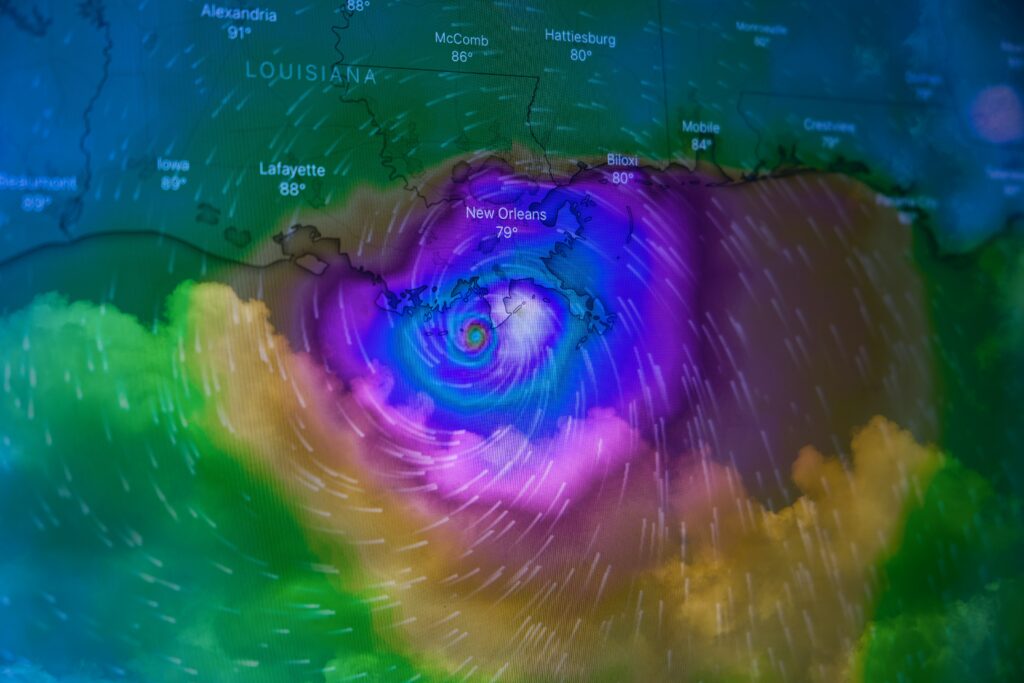
Weather forecasting has become more accurate and reliable, thanks to data obtained from satellites. The space industry has played a critical role in this field, providing valuable data from satellites that has enabled us to predict weather patterns with greater precision. This has helped us to prepare for extreme weather events such as hurricanes, typhoons, and cyclones, which have the potential to cause significant damage and loss of life.
Satellites provide critical data on weather patterns such as temperature, humidity, cloud cover, and wind speed. The data is collected and analyzed by meteorologists, who use it to create weather models that predict future weather conditions. This has led to more accurate weather forecasts, which have become an essential tool for individuals and organizations to plan their activities.
In addition to predicting weather patterns, satellite data is also used to track storms and other extreme weather events. This has enabled us to issue timely warnings to people in affected areas, helping them to take appropriate measures to protect themselves and their property. This has saved countless lives and reduced the economic impact of natural disasters.
Furthermore, satellite data is used to monitor climate change and its effects on the earth’s weather patterns. This has helped us to better understand the impact of climate change on our planet and take appropriate measures to mitigate its effects. Satellites provide critical data on sea level rise, changes in ice cover, and changes in atmospheric temperature, which are essential for monitoring climate change.
weather forecasting is one of the most critical applications of space technology, with satellite data playing a vital role in providing accurate and reliable weather forecasts. The data obtained from satellites has enabled us to track storms and other extreme weather events, issue timely warnings, and reduce the impact of natural disasters. Additionally, satellite data is used to monitor climate change, helping us to better understand its impact and take appropriate measures to mitigate its effects. With the space industry continuing to advance and improve satellite technology, we can expect even more benefits in the field of weather forecasting.
GPS Navigation
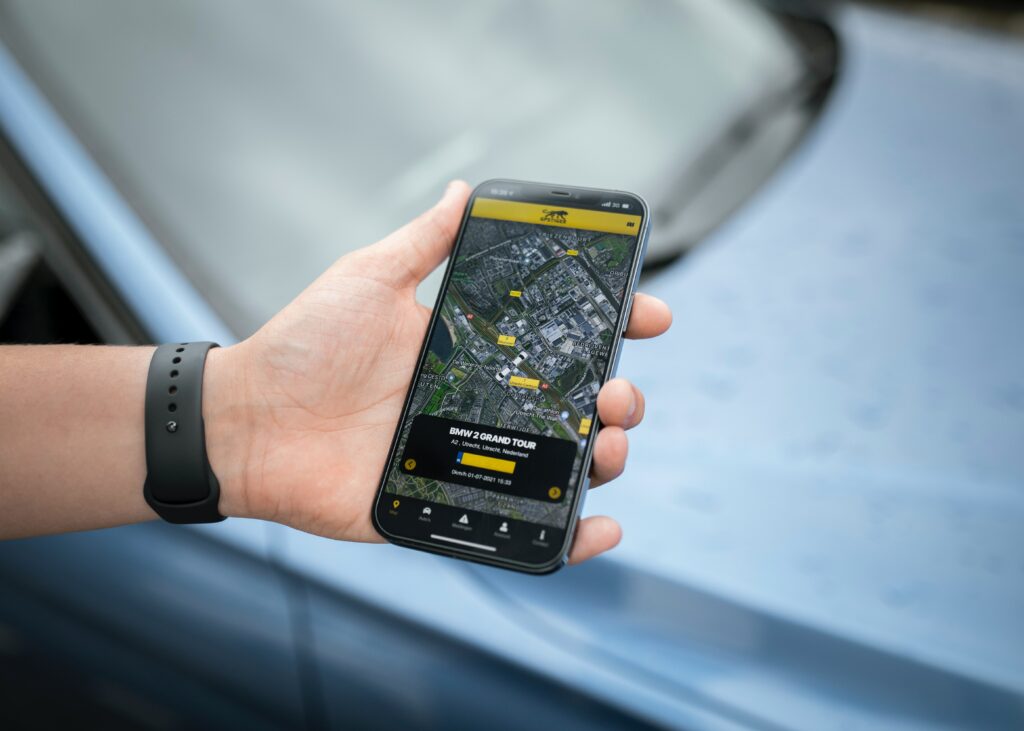
GPS navigation is another significant impact of the space industry on common lives. The technology has revolutionized the way we navigate, enabling us to find our way in unfamiliar places with ease. GPS (Global Positioning System) is a network of satellites orbiting the earth that provide location and time information to GPS receivers on the ground.
GPS receivers use signals from multiple satellites to determine the user’s precise location, speed, and direction of movement. This information is then used to provide turn-by-turn navigation instructions to the user. GPS navigation has become an essential tool for individuals and organizations to navigate in unfamiliar territory, plan routes, and optimize transportation.
In addition to personal navigation, GPS is also used in commercial and military applications such as logistics, tracking, and surveillance. GPS-enabled devices are used to track the movement of goods, vehicles, and assets, enabling companies to optimize their supply chain and improve operational efficiency. GPS is also used in military applications such as navigation, reconnaissance, and targeting.
Furthermore, the industry is continuously advancing the technology behind GPS, leading to improvements in accuracy, reliability, and coverage. With the advent of new constellations such as Galileo and BeiDou, there are now more satellites in orbit providing coverage and redundancy, which has improved the reliability and accuracy of GPS.
GPS navigation is one of the most significant impacts of the industry on common lives. The technology has revolutionized the way we navigate, enabling us to find our way in unfamiliar places and optimize transportation. Additionally, GPS is used in commercial and military applications such as logistics, tracking, and surveillance. With the space industry continuing to advance and improve GPS technology, we can expect even more benefits and advancements in the future.
Earth Observation
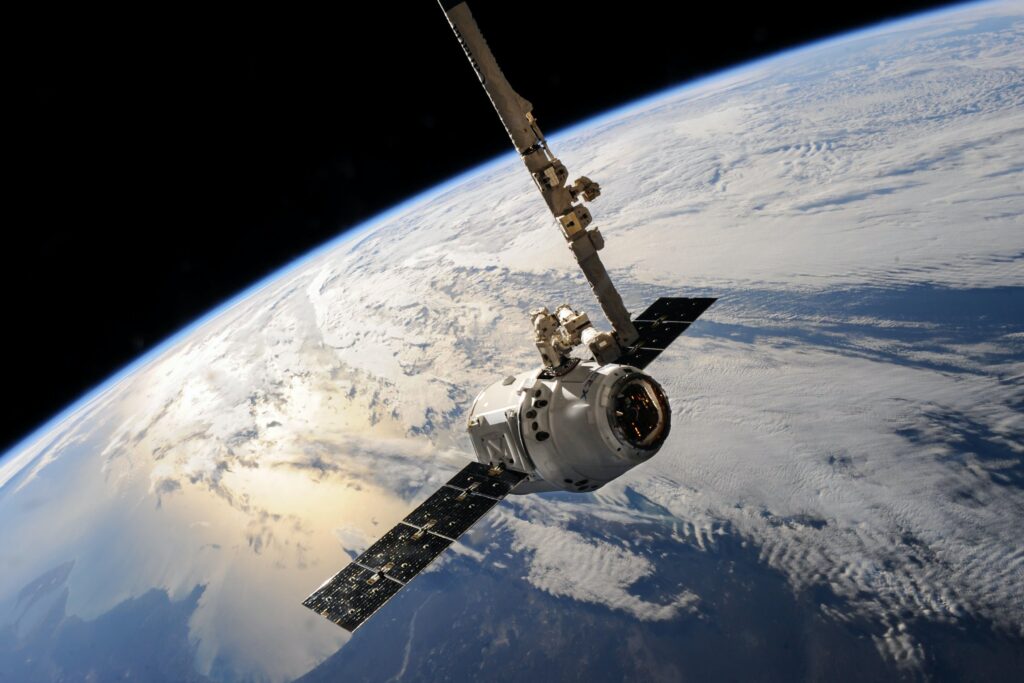
Earth observation is another critical application of space technology that has a significant impact on common lives. Satellites provide a unique vantage point from which to observe and study the Earth’s surface, atmosphere, and oceans. This has enabled us to monitor and manage natural resources, study climate change, and respond to natural disasters.
One of the most significant benefits of earth observation from space is the ability to monitor and manage natural resources such as forests, water resources, and agricultural land. Satellite data is used to track changes in land cover, deforestation, and vegetation growth, providing valuable information for environmental management and conservation.
Satellites also provide critical data for climate change research. They are used to monitor changes in the Earth’s temperature, atmospheric composition, and sea level, providing valuable information for climate models and helping us to better understand the impacts of climate change. This information is critical for policymakers to make informed decisions on mitigating climate change.
In addition to natural resource management and climate change research, earth observation from space is also used to respond to natural disasters such as earthquakes, floods, and wildfires. Satellites provide real-time data on the extent and severity of natural disasters, enabling rapid response and rescue efforts. This has saved countless lives and reduced the economic impact of natural disasters.
Furthermore, earth observation from space is used in urban planning and development, providing valuable data on urban growth, infrastructure development, and environmental management. Satellite data is used to monitor air and water quality, track urban growth, and plan infrastructure development. This has helped to improve the quality of life for people living in cities and urban areas.
earth observation is one of the most significant applications of space technology, providing valuable data and insights for natural resource management, climate change research, disaster response, and urban planning. With the space industry continuing to advance and improve satellite technology, we can expect even more benefits and advancements in the field of earth observation.
Space Exploration
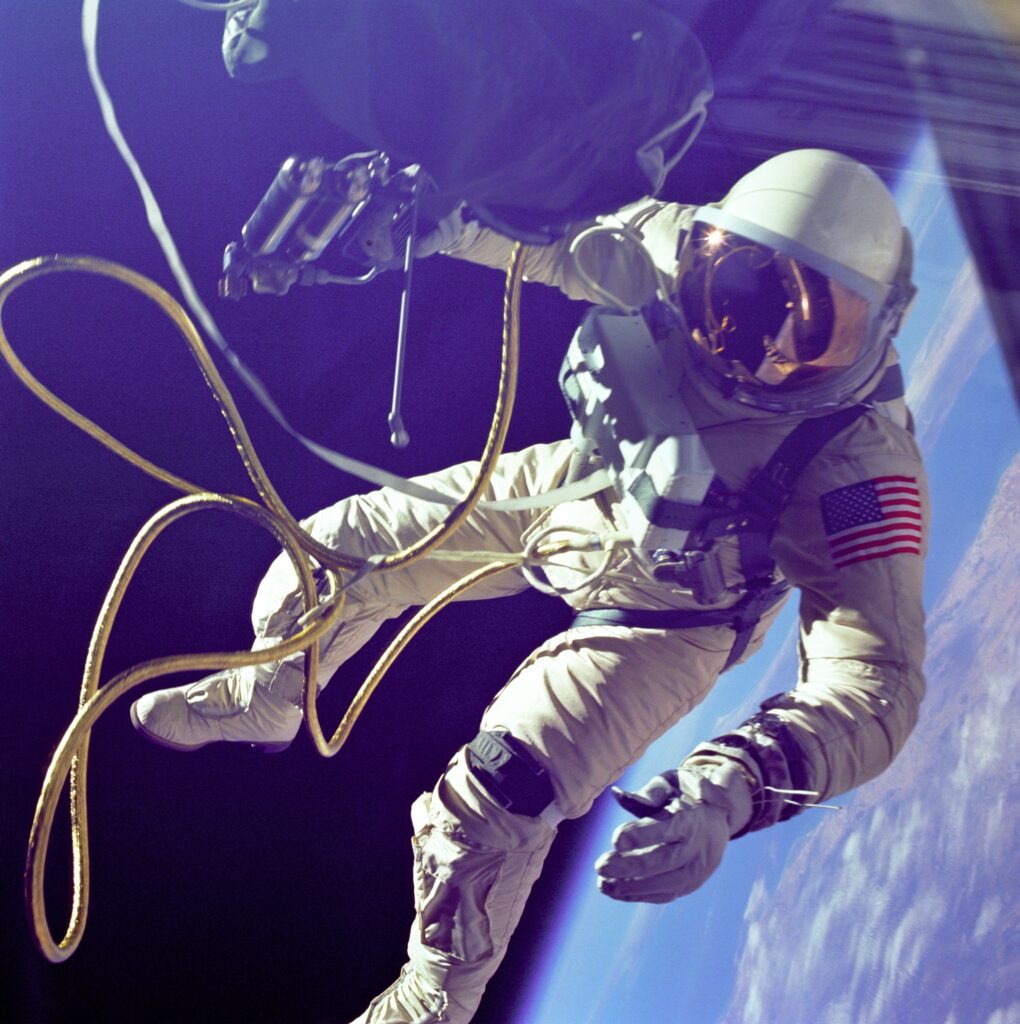
Space exploration has been a dream of mankind for centuries, and with the advancement of technology, we are now closer than ever to realizing it. Space exploration has a significant impact on common lives, and it has led to several technological and scientific advancements that have benefited us in many ways.
One of the most significant impacts of space exploration is the development of new technologies that have improved our daily lives. Space missions have led to the development of new materials, communications technologies, and medical advancements that have improved our quality of life. For example, the development of new lightweight materials used in spacecraft has led to the development of lightweight and durable sports equipment, making it easier for people to engage in physical activities.
It has also contributed to scientific advancements that have helped us better understand our planet and the universe. Space missions have helped us to study the origins of the universe, the formation of galaxies, and the evolution of stars and planets. The data collected from space missions has helped scientists to develop new theories and models about the universe, which have led to significant advancements in our understanding of the world around us.
It also played a significant role in international cooperation and diplomacy. Space missions require a high level of collaboration between countries and cultures, leading to the formation of strong bonds and alliances. For example, the International Space Station is a collaborative effort between several countries, including the United States, Russia, and Japan.
Furthermore, space exploration has inspired generations of young people to pursue careers in science, technology, engineering, and mathematics (STEM). Space missions have captured the imagination of people around the world, inspiring them to learn more about the universe and the world around them. This has led to an increase in STEM education and research, which has had a significant impact on technological advancements and economic growth.
space exploration has had a significant impact on common lives, leading to advancements in technology, scientific research, international cooperation, and education. As we continue to explore the universe, we can expect even more advancements and benefits for future generations.
Space tourism is a relatively new industry that offers people the opportunity to travel to space for leisure purposes. This industry has the potential to revolutionize the travel and tourism industry by offering a new and unique experience for travelers.
One of the most significant benefits of space tourism is the potential for technological advancements. Space tourism requires the development of new spacecraft and technologies that are safe and reliable. This could lead to advancements in spacecraft technology, propulsion systems, and other related fields. These advancements could also have applications in other areas, such as transportation and energy.
Another benefit of space tourism is the potential economic impact it could have on the industry. Space tourism could generate significant revenue for the industry and create new jobs in related fields. This could also have a positive impact on the local economies of spaceports and nearby communities.
However, there are also several challenges associated with space tourism. The cost of space tourism is currently very high, making it inaccessible for most people. Safety concerns are also a significant issue, as space travel is inherently dangerous and requires a high level of safety measures. Additionally, the environmental impact of space tourism is not yet fully understood, and it could potentially have negative effects on the environment and the Earth’s atmosphere.
space tourism is an exciting industry with the potential for significant advancements and economic benefits. However, it is also a challenging and risky industry that requires careful consideration and planning. As the space industry continues to evolve and develop, space tourism will undoubtedly be an area of focus and growth, but it will require careful management and regulation to ensure safety and sustainability.
In conclusion, the space industry has significantly impacted our daily lives in various ways, from communication and navigation to weather forecasting and earth observation. With the rise of private space companies, the industry’s future looks even more exciting, and we can
